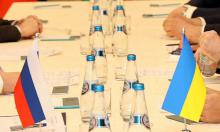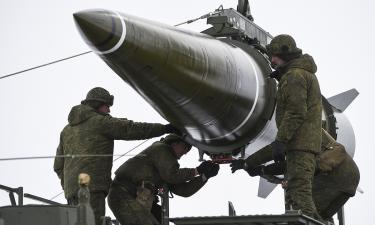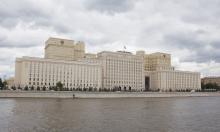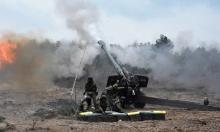South Korean top officials to travel to USA for US beef imports talks
South Korea's top trade official said Thursday he would travel to the U.S. to seek restrictions on American beef imports in a bid to soothe anti-government protesters.
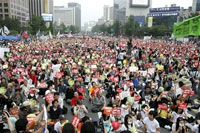
Trade Minister Kim Jong-hoon told reporters he would try to get Washington to approve measures under which the beef industry would voluntarily agree not to ship meat from cattle older than 30 months. He was to leave Friday to join a South Korean delegation already in Washington.
Kim said he plans to meet U.S. Trade Representative Susan Schwab for "additional negotiations to work out substantial, efficient measures ... reflecting our people's concerns over the resumption of U.S. beef imports that have been expressed as continuing massive rallies."
Cattle older than 30 months are believed to be more susceptible to mad cow disease. Other countries have also restricted imports of older American beef, such as Japan, which only allows meat from cattle younger than 20 months.
South Korea was the third-largest overseas customer for U.S. beef until it banned imports after a case of mad cow disease, the first of three confirmed in the United States, was detected in 2003.
South Korean President Lee Myung-bak agreed to the beef deal in April just before a summit with U.S. President George W. Bush, seeking to fulfill campaign pledge to foster warmer ties with Washington. But critics accuse him of kowtowing to the U.S. and taking action without seeking public consensus.
Concerns over the safety of U.S. beef triggered protests that have in recent weeks grown into large anti-government rallies. The entire Cabinet offered to resign earlier this week to dampen public outrage.
Both the South Korean and U.S. sides have said they do not plan to renegotiate the April agreement that places no age restrictions on beef imports.
Kim said he aims to work out measures that would alter how the deal is put into effect while still retaining South Korea's credibility. "I think that is the wisest measure," he said.
U.S. Ambassador Alexander Vershbow said Thursday he was concerned the public uproar in South Korea might undermine the country's alliance with the U.S.
"Some of my Korean friends tell me, 'Don't take this personally, this is partly about U.S. beef, but largely about Korean politics,"' Vershbow said in a prepared statement to a Seoul forum provided by his office.
"That's fine, but I think we have a responsibility - both in the United States and in Korea - to ensure that our alliance is insulated from domestic politics in either country."
He said Washington is "working very hard" to address South Korean doubts about the safety of U.S. beef, which he said was the same meat Americans eat everyday.
Subscribe to Pravda.Ru Telegram channel, Facebook, RSS!

